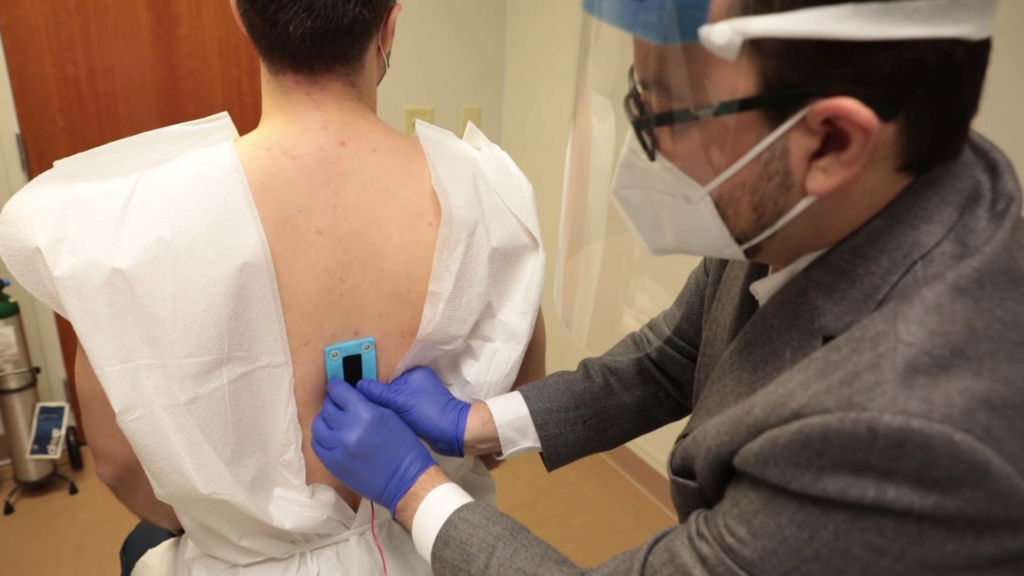CINCINNATI, Ohio. (WGEM)—May is Mental Health Awareness Month.
As many as 30 percent of Americans who have major depression may try medication after medication, and not find anything that works.
Scientists are now studying a new method that could help relieve symptoms.
Seven percent of all American adults have at least one episode of major depression each year— depression that lasts two weeks or longer.
Treatments include counseling, medications, or transcranial magnetic stimulation, TMS, to stimulate the mood-regulating parts of the brain.
Francisco Romo-Nava MD, PhD, a physician scientist and assistant professor in the department of psychiatry and behavioral neuroscience at the University of Cincinnati College of Medicine and associate chief research officer at the Lindner Center of HOPE, explained “Not all patients respond to the medication or to the neuromodulation.”
Dr. Romo-Nava and colleagues are studying a new way to treat mental health disorders. The neuroscientists are testing a device that delivers stimulation to a patient’s spine.
Dr. Romo-Nava says the stimulation will improve the feedback in the central nervous system that is sometimes disrupted when a person has a psychiatric disorder. For now, patients undergo spinal stimulation for 20 minutes, three times a week, for eight weeks.
“The kind of stimulation that we use is very well tolerated. The most frequent description is like a tingling sensation,” shared Dr. Romo-Nava.
Researchers say this stimulation therapy could be the first step to developing better treatment for some patients.
Dr. Romo-Nava was recently granted a U.S. patent for the stimulation method that utilizes transcutaneous spinal cord stimulation for the treatment of psychiatric disorders.
He says his research team is trying to determine how often, and how long, patients should undergo the stimulation for the best results.
